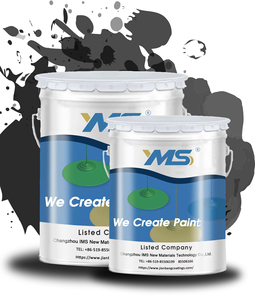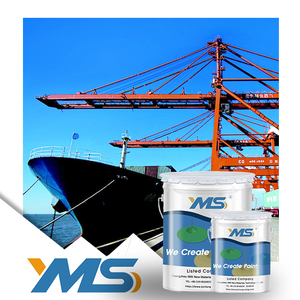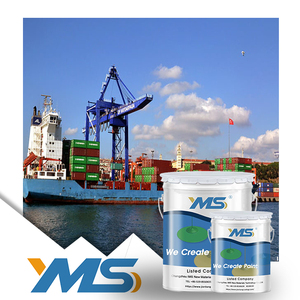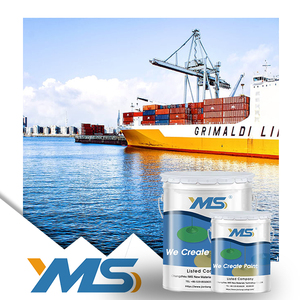Introduction to Bituminous Coal Tar
Bituminous coal tar is a viscous byproduct derived from the carbonization of bituminous coal. Known for its rich, dark color and diverse chemical composition, bituminous coal tar has become an essential material in various industries. Its properties, including durability, resistance to decay, and excellent adhesive qualities, make it particularly valuable in the production of roofing materials, paving, and various industrial applications. This comprehensive overview will delve into the types, applications, features, and advantages of bituminous coal tar.
Types of Bituminous Coal Tar
There are several distinct types of bituminous coal tar, each serving specific functions across different applications:
- Raw Bituminous Coal Tar: The unrefined product obtained directly from the distillation of bituminous coal, used predominantly in construction.
- Refined Bituminous Coal Tar: Processed tar that undergoes chemical treatments; commonly used in sealants and adhesives.
- Modified Bituminous Coal Tar: Enhanced with additives to improve properties like flexibility and UV resistance, often used in advanced roofing systems.
- Coal Tar Pitch: A high-viscosity product obtained from further refining, used primarily in the manufacturing of electrodes for aluminum production.
Applications of Bituminous Coal Tar
Bituminous coal tar is a multi-faceted material with a wide range of applications, including:
- Roofing: Employed as a waterproofing agent in flat roofs, protecting buildings against leakage and damage from water.
- Paving: Utilized in the production of asphalt for roads and driveways, enhancing resilience against cracking.
- Preservatives: Used to treat wood and other materials to extend life and prevent decay, making it ideal for utility poles and outdoor structures.
- Medicinal Uses: Incorporated in dermatological products for treating conditions such as psoriasis and eczema.
Features and Advantages of Bituminous Coal Tar
Bituminous coal tar possesses unique features that contribute to its effectiveness and popularity:
- Durability: Exhibits long-lasting properties, making it suitable for harsh environmental conditions.
- Adhesive Qualities: Strong bonding capabilities ensure effective sealing and adherence when used in construction applications.
- Water Resistance: Its inherent waterproof characteristics provide crucial protection for roofing and paving applications.
- Chemical Resistance: Resistant to various chemicals and industrial pollutants, increasing its utility in manufacturing.
- Cost-Effectiveness: A competitively priced material that provides excellent performance, thereby offering good value for investment.
How to Choose Bituminous Coal Tar
Selecting the right bituminous coal tar for your application involves several considerations:
- Purpose: Determine the intended use (roofing, paving, or wood preservation) to ensure suitable product selection.
- Property Specifications: Assess requirements for viscosity, adhesion, and chemical resistance to match application needs.
- Regulatory Compliance: Verify that the product meets local environmental and safety regulations, particularly for construction and medicinal use.
- Supplier Reputation: Opt for reputable suppliers known for quality control and reliable product performance.















































